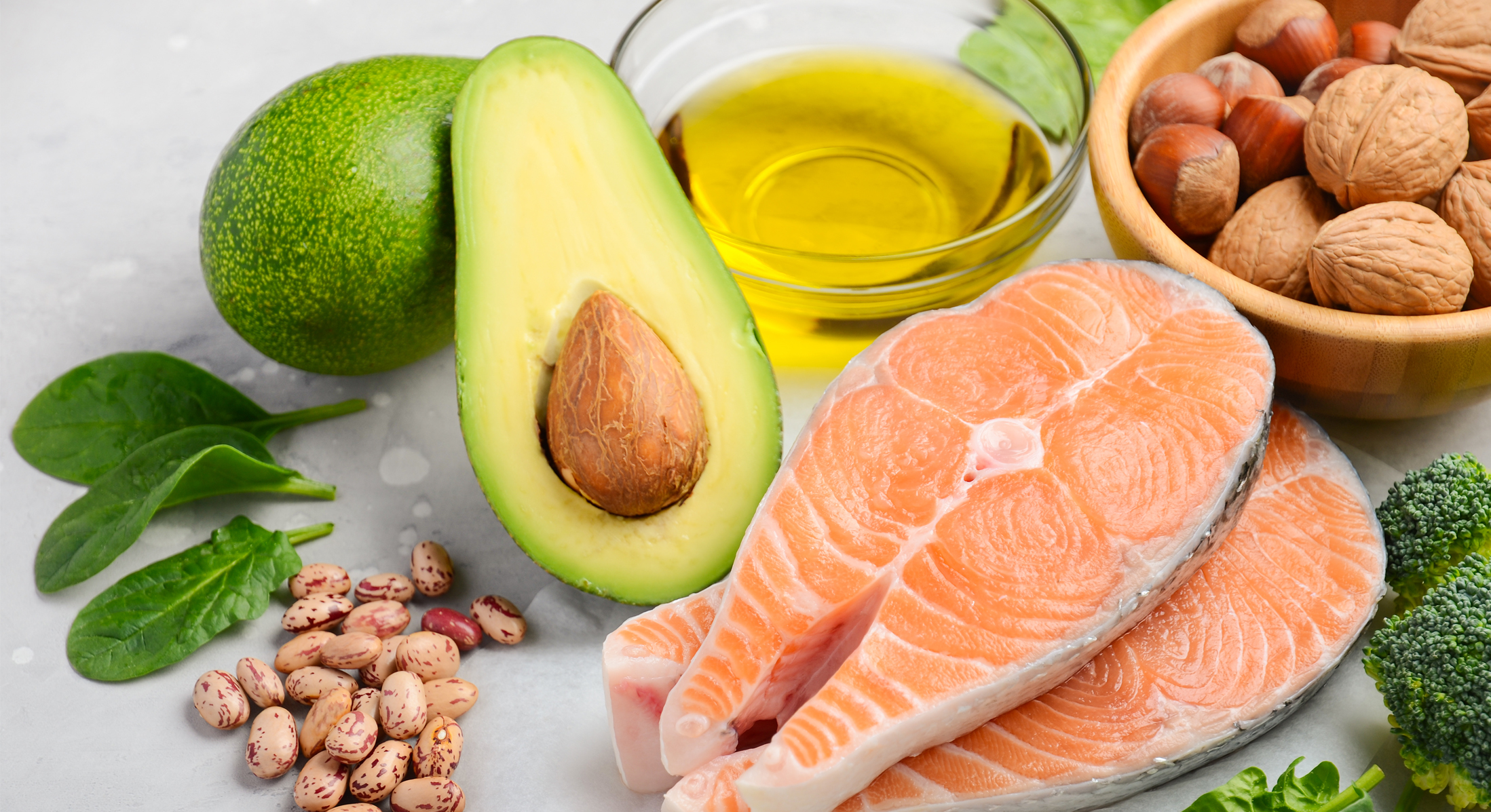In recent years, scientific research around the microbiome has allowed scientists to come to the conclusion that diet is a major determinant of the composition and function of the gut microbiota. However, one of the main challenges when we talk about studying the microbiome is determining the effects of specific nutrient groups on it. Although non-digestible carbohydrates are the preferred fuel of gut microorganisms, scientific research has begun to focus on the role that dietary fats play, both in terms of quantity and quality, in the composition of the gut microbiota.
A recent systematic review article showed the effects of fat type on the gut microbiota and revealed associations between total fat intake, mainly saturated and trans fatty acids, and a reduction in total bacterial numbers, richness and diversity in the gut, as well as increased markers of inflammation. High saturated fatty acid intake was positively associated with Clostridium and Blautia abundance, which were related to increased insulin resistance and increased body mass index, respectively. A diet high in saturated fat creates an imbalance in the two main kingdoms of bacteria called Bacteroidetes and Firmicutes. Bacteroidetes fight inflammation and obesity, but a diet high in saturated and trans fat reduces their levels and at the same time increases levels of Firmicutes, leading to inflammation and obesity.
On the other hand, a diet rich in polyunsaturated and monounsaturated fatty acids appears to be associated with favorable changes in the composition of the gut microbiota. Intake of healthy fats is important for promoting healthier gut bacteria, decreasing inflammation, and contributing to weight loss. A recent experimental study found that omega-3 supplementation increased microbial diversity by increasing some types of beneficial bacteria such as Bifidobacterium, Akkermansia muciniphila and Lactobacillus. Foods rich in omega-3 can support gut health, protect the gut mucosa, reduce oxidative damage, and reduce levels of gut inflammation.
And what foods rich in healthy fats can we eat? See the list below with several examples 🙂
- Fatty fish, such as salmon, mackerel, and sardines;
- Oily fruits, such as almonds, walnuts, and Brazil nuts;
- Seeds, such as chia seeds, flax seeds, sunflower seeds, hemp seeds, pumpkin seeds, and sesame seeds;
- Extra virgin olive oil;
- Coconut oil;
- Avocado;
- (…)
By participating in the Stargut Program you will get a recipe book with several meal suggestions that include foods rich in healthy fats. What are you waiting for to join us and start taking care of your health and well-being? Your gut will thank you and give you back 🙂



